I can sum up my experience with Noom in one sentence: They recommend replacing salad dressing with lemon juice and eating ~300-calorie meals.
I mean, that is some 1980’s-Jane-Fonda-Jazzercise-nonfat-everything-antiquated nutrition advice.

Before we get to the goods, I want to make a few things clear:
- I am a Registered Dietitian. Therefore my experience with Noom was through a different lens than most users. I am more likely to become upset or super happy about certain things than the average Joe or Jane.
- This is my opinion influenced by my professional expertise.
- I am not attacking you or negating your positive experience with Noom. If you are using Noom in a healthy manner and loving it, congrats!
- I only completed the two-week trial. I am not rich n’ famous yet, so I’m not throwing down $60/month to write an article 10 people are going to read.
If you haven’t read Part 1 of this review check it out first!
Hate to read? Watch my review on YouTube!
Table of Contents
Getting started
Signing up was super-duper, insanely easy. I immediately thought, “Lol, this was made by startup folks.” Any startup/techy app worth its salt will ensure a dreamlike-ease of signing up for their product. They want to get as many people in as quickly as possible to show investors big, shiny, immediate numbers.

Their tutorial and evaluation was as smooth as silk man. Cute, easy, and encouraging, it used all the gold standards startup apps apply to quickly engage you.
A few gold standard examples are:
- Speak generically. Don’t be too risqué, niche, silly, or weird. You want to attract a Wisconsin granny AND her Californian goth grandchild.
- Give the user the impression they are accomplishing something at almost every step.
- Provide constant positive feedback, such as saying “great job!!!!” for clicking a button.
- Give the user the impression they are unique and special by pretending to personalize results.
- Be overwhelmingly friendly and positive. Don’t just say things like this. Omg, say them like this you guys!!! Use exclamation marks, happy faces, and bright, happy colors!!!

Good job Noom. You checked all the boxes.
Evaluation and assessment
Noom pulled this off SO well, even I started falling for it. Designing a flawless intro/tutorial is ridiculously challenging, so I give Noom 100% kudos for how well they executed theirs.
Every step felt personalized and like they were sincerely interested in learning about me. I felt like I was taking a fun quiz on Buzzfeed to find out which vegetable represented my personality.
Omg, will it be a potato?
One part of the evaluation made the old business side of me think, “omg genius” and the dietitian side of me think, “y’all are evil.” Throughout the evaluation, Noom estimates when you will reach your goal weight.
For me, the goal date started about eight or so months out. As I answered more personal questions, the estimated date became earlier and earlier.
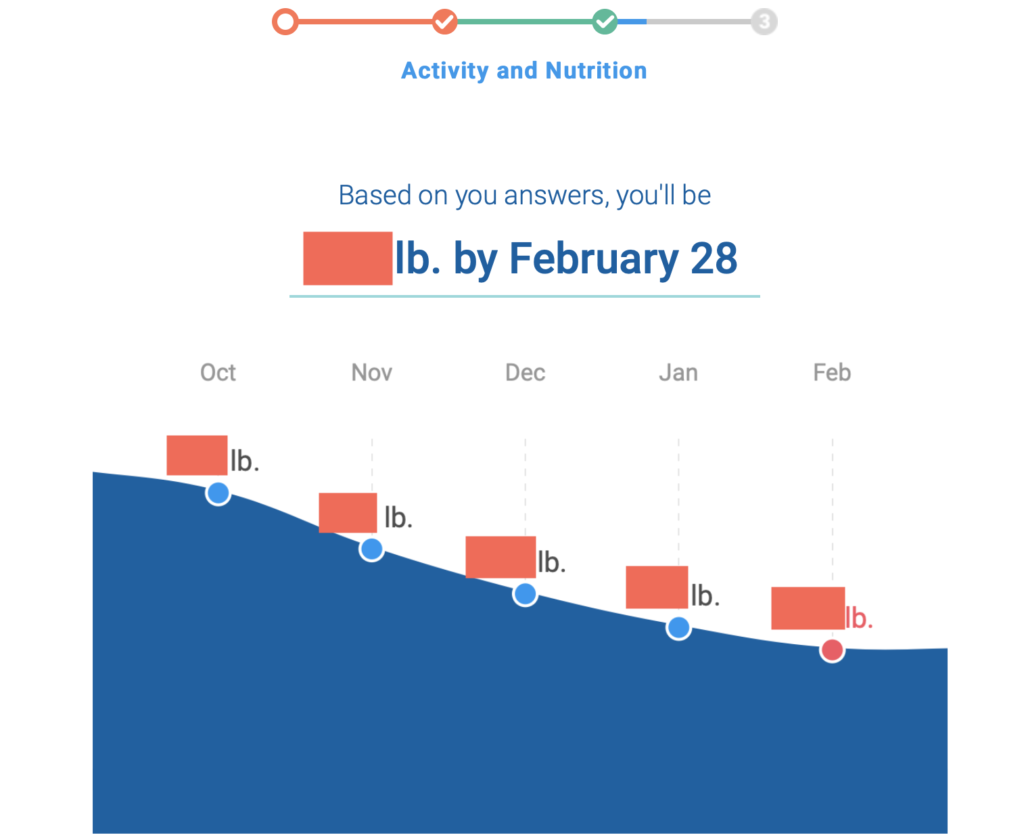
This gave the impression that their calculations became more accurate as I provided more personal information!
As the goal became shorter and shorter, I felt compelled to continue for two reasons: 1) Would the goal become even shorter? I simply must find out! and 2) I would only have to devote myself to Noom for three to four months? That’s way better than the original eight month estimate!
Trust me, this was all per design. Genius.
Goal setting
Setting goals are a very important process of any behavior change. This is another step that Noom pulls off seamlessly. They use the SMART goals system, which is taught to all newbie and future dietitians.
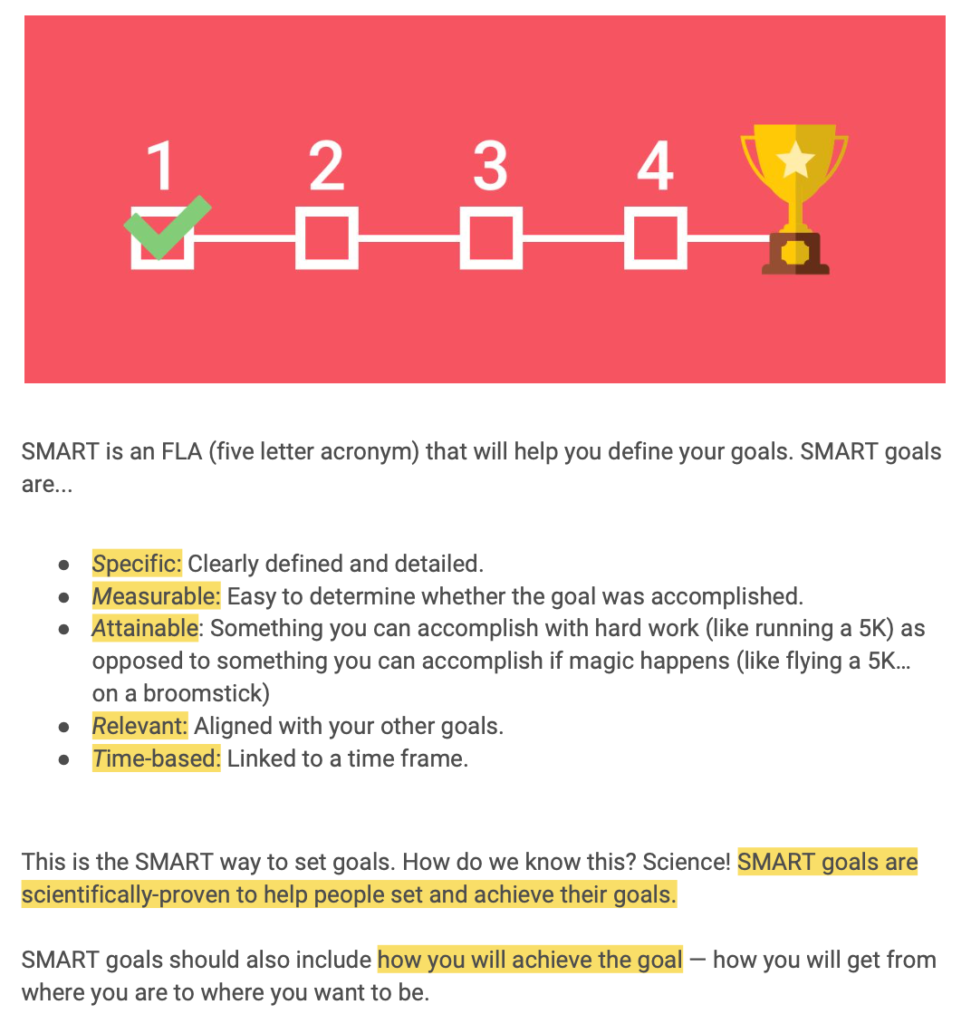
Before prompting me to create my goals, I was asked to get to the heart of why I wanted to lose weight. The goal of losing weight on its own is impersonal and meaningless. When you give a deeper, more personalized reason to that goal, you’re more likely to fight for it.
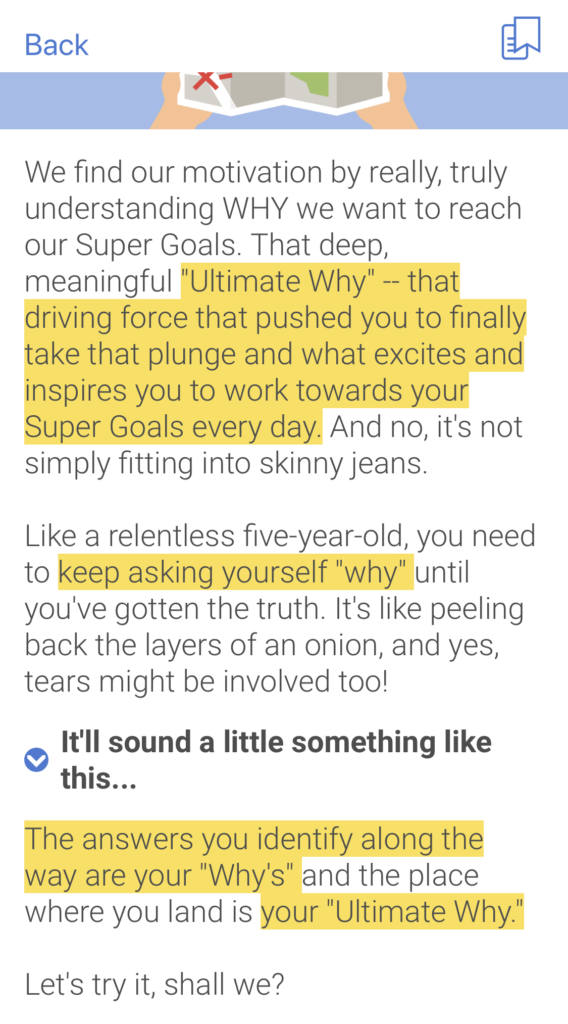
Examples could be, “I want to eat healthier because…”
- I want to have enough energy to play with my kids
- I want to prevent having another heart attack
- I want to improve my athletic performance
Noom helped me to do this in three easy steps. Then I quickly set a few goals and BAM. I FELT LIKE AN ACCOMPLISHING SUPERHERO.
SOS plan
Once the goals were made, Noom helped me identify warning signs for when I was slipping back into unhealthy behaviors.
So not only did they help me identify goals, but they helped to identify behaviors that would defeat those goals as well. Good job Noom. You can only improve from here, right?
Is this as good as working with a trained professional to set goals and hold yourself accountable? Heck no. But it kinda gets the job done for way less moolah.
Using Noom
Lessons and “articles”
I know y’all were waiting for this moment. This is where I started to see Noom’s skin peel back to reveal the dreaded lizard scales of its true form! Eeek!

After my evaluation and goal setting, I received my quick and easy lessons for the day. Noom gets extra points for showing time estimates for each task.
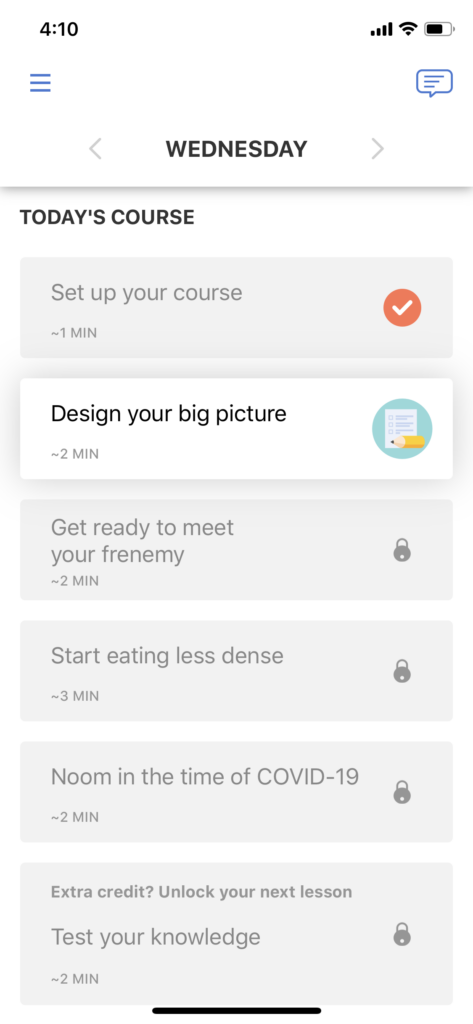
As mentioned in Part 1, Noom describes these 60 second blurbs as “articles,” which in my opinion, is a misuse of the word. I read journal articles that are 20-30 pages long for crying out loud (don’t pity me, I actually love it)!
However, with our de-evolved attention spans, high-stress lives, and overwhelmed-with-information brains, I understand why they are so short. This presents lessons as non-threatening and doable.
Who couldn’t devote a few minutes of time to reading?
With Noom’s help, you get to know yourself better. You’ll find out what type of an eater you are, what triggers unhealthy behavior, and what stage of motivation you’re in.
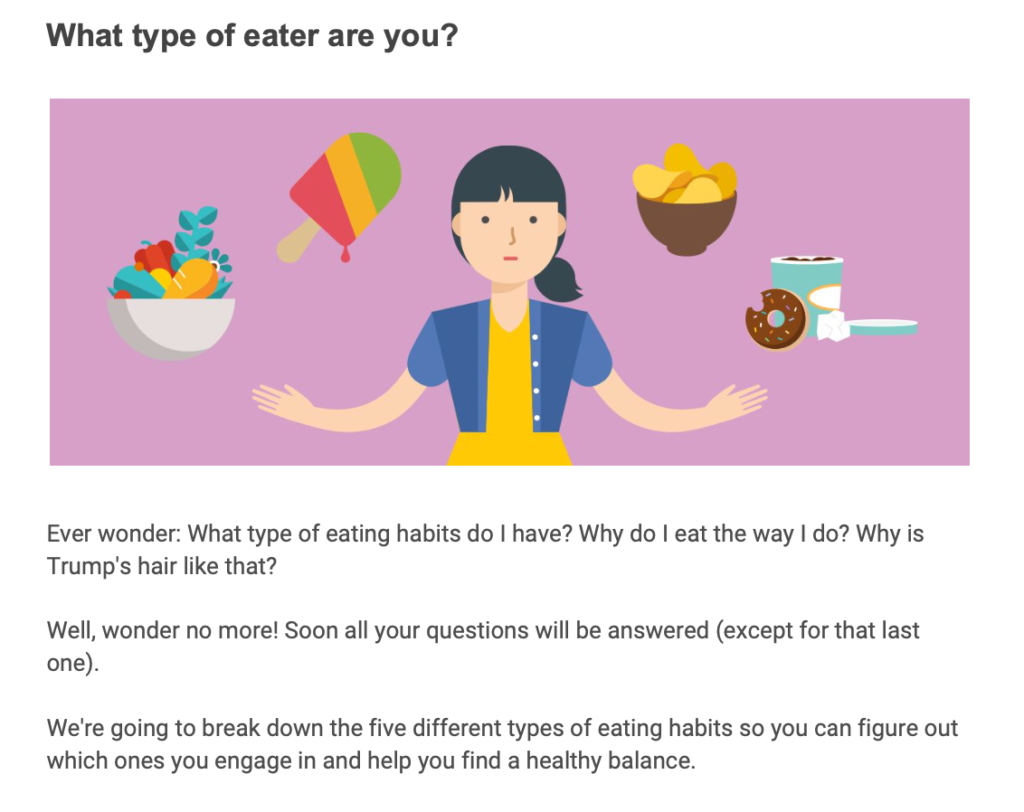
Some of the lessons were accurate and helpful. For example, they explained reasons behind weight fluctuations, how physical, emotional, and psychological responses influence food choices, and how you can make small changes to move more throughout the day.
However! Their other lessons instantly made me very upset. So upset that I would yell about it to myself alone in the house. More on that in the nutrition section.
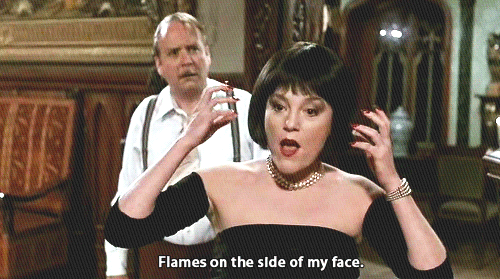
At the end of each module, you are given a quick quiz on what you learned. This is also a great tactic to help you retain information.

Food tracking
After completing the tutorial, Noom prompted me to start logging food. I did not like this part at all. I’ve used a lot of food trackers in the past, and this one was clunky as hell.
While Noom claims you only have to devote 10 minutes/day to see changes, that is not factoring in the 40+ minutes you spend trying to navigate their wonky “take you to a new page every time you select something” interface.

After entering my breakfast, I never wanted to enter my food on Noom again! For two reasons: 1) It took too long and was not user friendly and 2) I found out how many calories I was allowed to eat after logging.
More on my calorie-rage-fest in the nutrition section.
One-on-one coaching
Noom offers one-on-one coaching with a health coach or Registered Dietitian. This is a great idea in concept, but it is poorly executed. I’ve heard reports from RD’s (currently working at Noom) that while the work-life balance is awesome, the pay is equivalent to being a cashier at Costco.
In my opinion, the amount Noom pays formally educated dietitians (possibly with an additional master’s degree) is a reflection of how important they feel nutrition actually is.
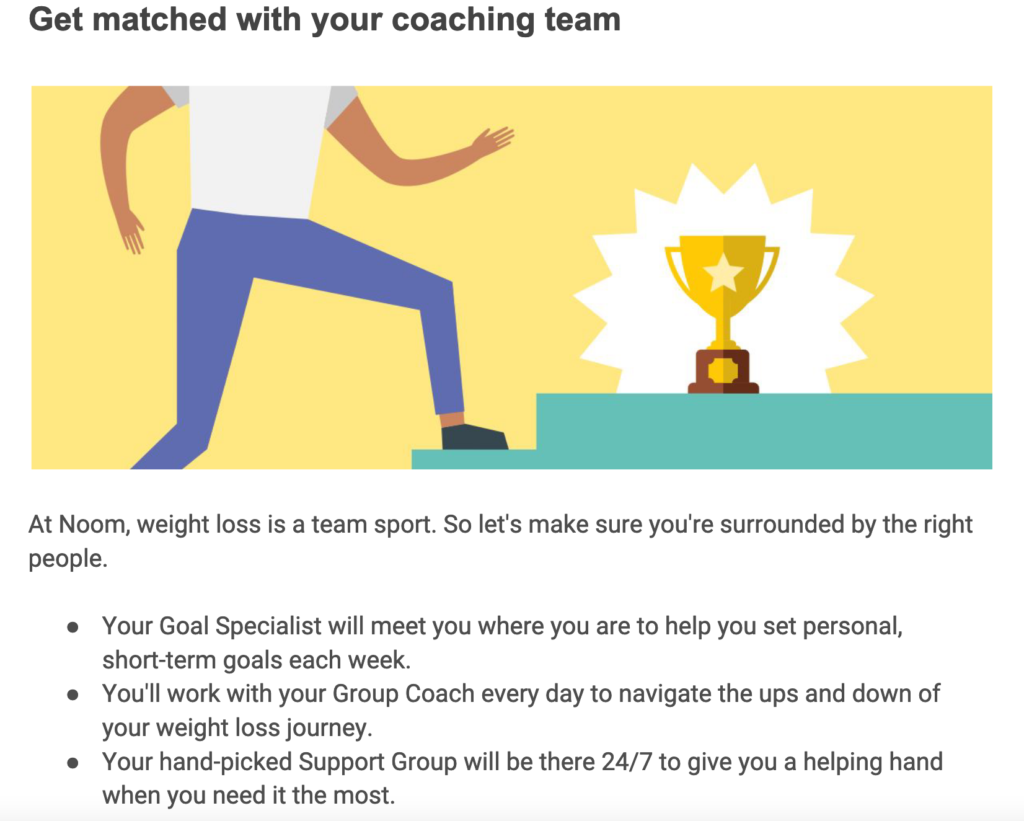
I used this feature for only two weeks, so my experience is limited. I did not find the feature useful and mostly ignored it. My coach was nice and bubbly, but the conversations were pretty generic and sounded almost robotic.
The majority of users I interviewed, including reviews read elsewhere, stated that the one-on-one and group coaching features weren’t helpful. They also questioned if they were speaking with a bot or a human. I did receive one report that the group coaching was more beneficial than the one-on-one coaching.
I did not get to try the group coaching because it starts right around the last day of the two-week trial. This is another design tactic to keep you from “dropping off,” a.k.a. cancelling your subscription. They introduce a new feature, preferably a social one, that will entice you to stay.
A tip of the hat to you Noom.
Nutrition recommendations
We’re officially deep into my territory folks so the kiddie gloves are coming off. *cracks knuckles*
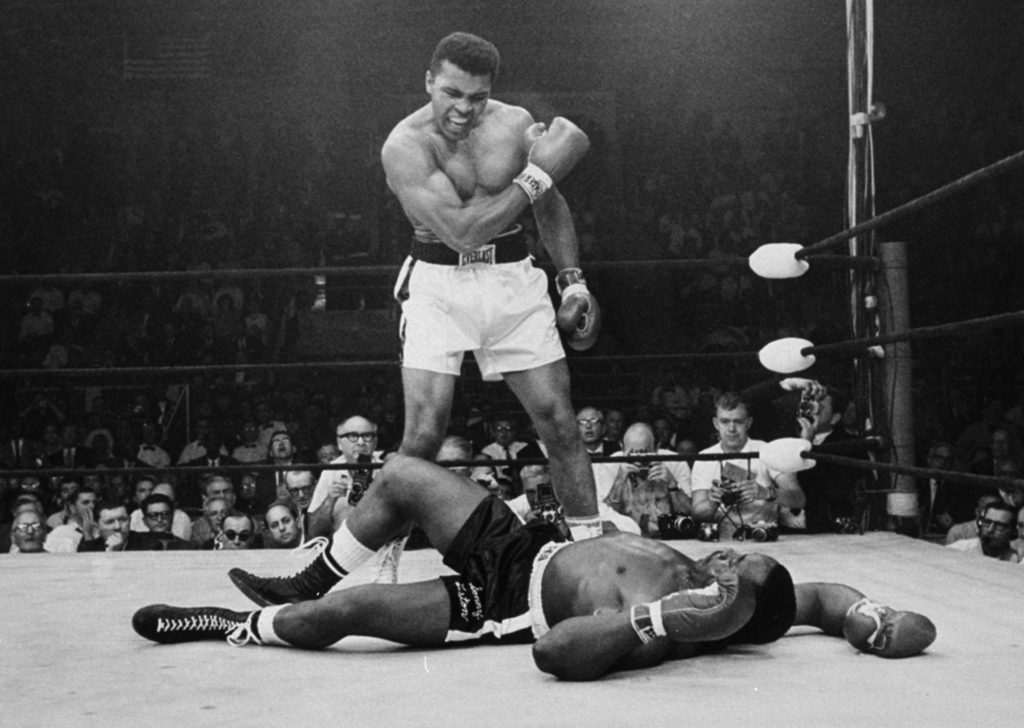
Calories
I was placed on a 1200 calorie diet, unbeknownst to me. I “accidentally” discovered this after logging breakfast and noticing that I only had 700 calories left for the rest of the day.

They claim to have made this calculation based on my personal information and rate at which I wanted to lose weight. However, I know this isn’t true.
I interviewed friends and strangers over the past couple months who tried Noom. Most were female, between 20-70 years of age, some sedentary, moderately active, or triathlon athletes, and all were of varying heights and weights.
Guess what? They ALL received the same ~1200 calorie allotment. My “personalized” recommendations suddenly seemed pretty generic. They are also potentially dangerous depending on the situation.

Telling a woman who regularly competes in cross-country marathons to follow a 1200 calorie diet is setting her up for failure, injury, and/or health complications. Even for the most sedentary or small, it’s very difficult to meet your nutrition requirements on such a low calorie diet.

Noom and its fans will defend the low calorie recommendation by stating that it’s just a recommendation. Noom does mention that you can adjust your calories if you need to and not to beat yourself up if you go over the limit.
Come on Noom. You pride yourself on understanding human behavior and psychology. If you give people a goal with the promise of rapid weight loss, they’re going to try their best to hit that goal.
Nutrition
Beyond the calorie-counting and water/steps/food tracking of this “not like other weight loss apps” diet app, they teach you how to eat “healthier.” Some of the lessons are evidence-based and useful, others possibly promote disordered eating, and some are completely false.
Calorie density is explained and emphasized. Summed up: The more water in a food, the less calories it has so you should focus on eating those foods. You’ll feel fuller and eat less calories overall.
Noom’s entire food program is based on this premise, placing foods into green, yellow, and red food categories depending on caloric density.
I have so many issues with this, I would need to write a whole other article to dissect it properly. If I could sum up my feelings, they would be this:
This type of eating focuses on what works NOW, not caring a fig about what happens later. Sure, if you drink a bunch of water before eating, you will eat less during that meal. If you eat 1/4 pound of lettuce (as Noom discusses at one point) your stomach will only allow so much. If you use sugar-free jam instead of nut butter on toast (another Noom recommendation), you will eat less calories.
But you will become hungry very quickly after all of these scenarios. Why? Your body processes water within minutes and generally, lower calorie foods are processed very quickly.
You may think you’re the boss of your body, but you are not. At some point your body will take back the wheel after you’ve been driving it to “hungry yet hydrated” town. It will force you to take the exit to potato chip, candy, and cake city.

Noom is simplifying an extremely complex field (nutritional science) into an incorrect, short-term, and potentially harmful way of eating. Though they state that only 30% of your food should be high-water foods, it is virtually impossible to eat the recommended percentage of red and yellow foods while remaining within your calorie limit (and enjoying your food).
This is all Noom taught me about nutrition during my two-trial. I learned how to count calories and that I should eat foods that trick me temporarily into feeling full. I wasn’t taught about the different macro- or micronutrients, fiber, hunger cues, processed foods, how my digestive system works, refined sugars…nada.
Food plans
I was lucky enough to get my hands on one of Noom’s food plans (normal price is $200, but you can get it for $45). You get a ton of information for $45, which is great, but it’s presented in an overwhelming way.
It’s twenty pages long and a LOT of text. Included is a weekly meal plan, recipes, and tips on how to eat healthy and save 100 calories here and there.
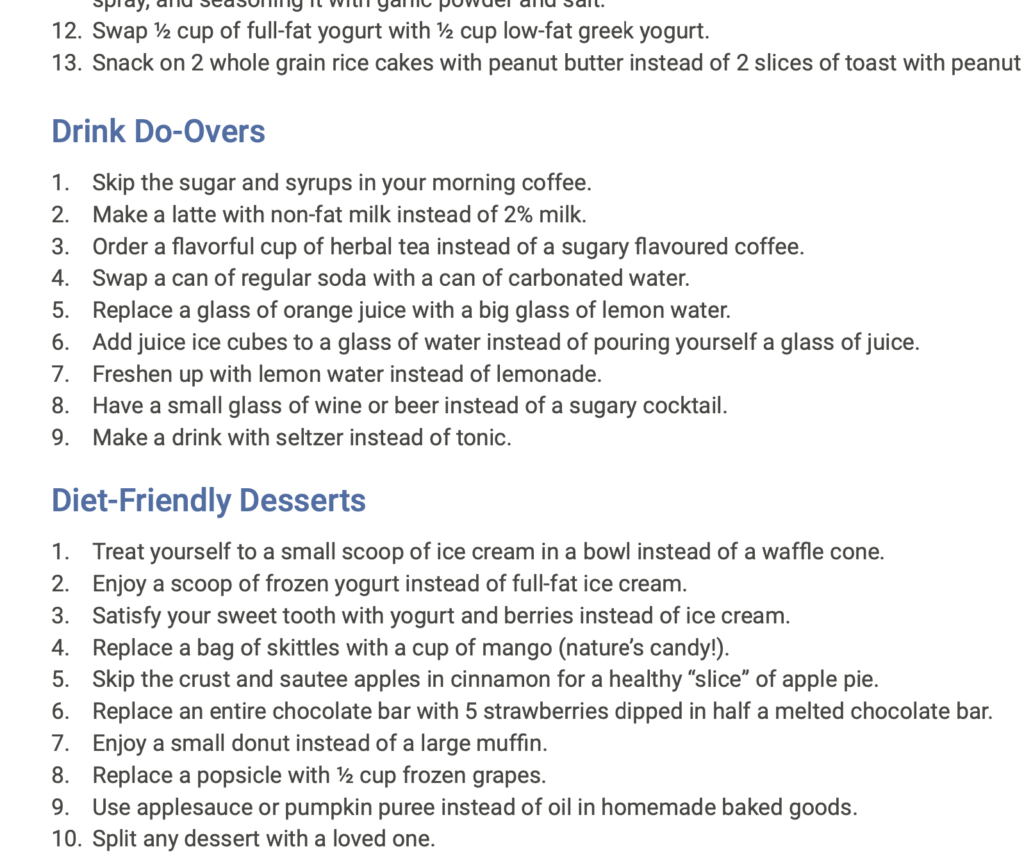
The only parts I liked about the plan was that it promoted eating whole grains, lots of fruits and veggies, and hardly any processed foods. Additionally, it would allow small treats, such as 1/2 ounce of dark chocolate for dessert. That’s it.
Otherwise, this plan made me sad and angry at the same time. The meals were 300-380 calories, with a 190 calorie snack. Some of the meal examples made me cry:
- 1/2 can tuna with 1/4 avocado in lettuce wraps. Sliced apple on the side.
- Whole grain sandwich with 1 cup spinach, 1/4 avocado, 1/2 slice tomato, 1/4 cup sprouts, and mustard.
- Salad with 1 cup romaine, 1/2 cup chickpeas, 1/2 cup beets, 1 Tb walnuts, 1 cup blueberries, LEMON JUICE.

If you eat meals like this, you will lose weight temporarily. However, you will not enjoy your food and you will spend your days and nights fighting the hunger monster. Therefore, you will lose weight for as long as you can ignore the screams of your body telling you that you’re starving and miserable.
Summary and final thoughts
Whew, that was long. You made it Noomers! Congrats! Pew! Pew! *fireworks*
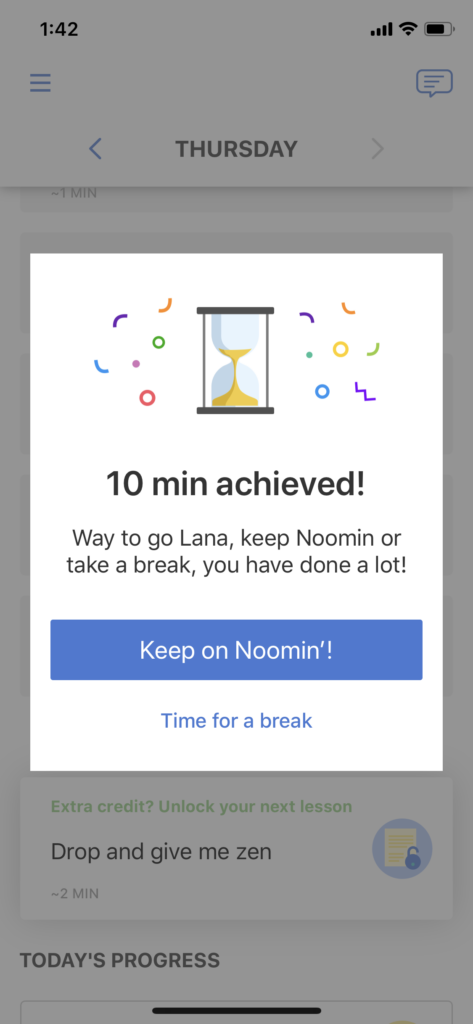
Summary
Overall, my opinion of Noom is that it is a restrictive, low calorie, weight loss app hidden within a shiny wrapper of Cognitive Behavioral Therapy (CBT) and SMART goals.
Noom has a lot of positives:
- Integrating tech with health and psychology
- Fluid, seamless, and beautifully designed tutorial and evaluation
- Use and education of SMART goals
- Prompting users to learn about eating patterns and triggers
- Use of mini lessons
- Nutrition education (some correct)
- Live health coaches (great idea, poor execution)
- Visually appealing
And Noom has a lot of negatives:
- Deceptive and false marketing strategies and statements (mentioned in part 1)
- Thousands of Better Business Bureau complaints from customers (mentioned in part 1)
- No dietitians or health professionals in upper management positions (that I could find, besides a clinical psychologist)
- False claims that Noom is not a weight loss or diet app
- Promotion of antiquated, incorrect, and potentially harmful nutrition education
- Placing users on very low calorie diets, regardless of anthropometrics or physical activity level
- Promotion of disordered eating under the guise of healthy eating
- Non-user friendly, time-consuming food tracker
- Use of super cutesy, cornball jokey, child-like language that inserts “Noom” into everything, i.e. “Welcome to the Noomily” and “NoomNerds.” Bleh.
- And on a personal level, not paying highly educated dietitians what they’re worth.
I did not enjoy my experience with Noom and made sure I canceled it before my two-week trial ended. The behavioral aspect involved lessons and strategies I already knew, so I didn’t find them helpful. However, I can 100% see how it would benefit those new to CBT and SMART goals.
The nutrition portion non-stop angered me, I stopped tracking my food the first day because it was so frustrating, and my coach was basically a robot. Noom just wasn’t for me.
On a positive note, it was super easy for me to cancel and I have not been charged (as of writing this review)!
Final thoughts
According to research, the overwhelming majority of those who lose weight with a program like Noom will gain it back (often more than they lost) in one year. Sorry to bring the facts and be a Debbie Downer. There will be a small percentage who lose it and keep it off for longer. So don’t @me with “my aunt lost 60 pounds two years ago on Noom so you’re wrong!”
You or your aunt being the minority does not negate the fact that most will not share that experience. For those who don’t believe me, give me an update in a few years. That’s usually how long it takes for your metabolism to become so damaged from drastic dieting that you can no longer lose weight.
Additionally, Noom’s published research supports exactly what I’m saying here when the majority of Noom users hit the weight loss plateau at around six months.

I’m not saying any of this because I hate the Noom company. Short of the misinformation Noom is spreading, I’m actually very impressed with the app they created. They kick-ass when it comes to educating people quickly in a simple manner and use evidence-based goal setting and behavioral change techniques.
But I can’t look past extreme caloric restriction, generic and potentially damaging recommendations, and incorrect nutrition information. If they overhauled this portion, they would probably be the best weight loss app currently on the market.
Why am I wasting my time telling you all this? Because I’ve been in your shoes and want to help you. When I read things like “eat foods with more water in them,” “1200 calorie diet,” and “put lemon juice on salad,” I flash back to 12-year-old me.
Her parents found diet pills in her purse and she would starve all day following diet advice similar to what Noom is currently promoting. I think of how much that girl blamed and hated herself and feel for anyone going through the same thing.

I’ve heard people say that Noom has healed their relationship with food. If you are under the impression that what Noom teaches is healthy, you have not been taught what a healthy relationship with food is.
A healthy relationship with food is choosing what to eat based on beneficial nutrients and flavor, not the water or calorie content. It’s not trying to trick yourself into feeling full with high volume foods. It’s not fighting through feelings of starvation because you might exceed some bull caca calorie limit a non-health professional made up for you. It’s not forcing yourself to eat food you find disgusting (I’m looking at YOU salad with lemon juice) because you think it will lead to weight loss.

A healthy relationship with food requires a better understanding and respect for your body. It’s discovering how your body interacts with food and how you can eat to support it. It’s eating nutritious foods you enjoy so you feel happy, energized, and strong. You should not feel deprived or like you can’t enjoy eating out with friends and family. Lastly, a healthy relationship with food is a lifelong commitment, not four months of starvation-hell cycled in over and over.

I do not recommend Noom simply because the short term benefits and positive features do not outweigh the long-term consequences. The CBT and goal-setting portion is great, but the nutrition portion needs an overhaul. Call me Noom! I’ll be more than happy to consult. Tee hee…
You can save your money by reading a book or free resources online about Cognitive Behavioral Therapy and SMART goals. If you are someone who experiences success tracking your activity and food, use a free and more user-friendly service such as My Fitness Pal. Follow Registered Dietitians on Instagram or read their blogs online. Listen to people formally educated in nutrition as opposed to people who aren’t.
If that seems like a bunch of work, sign up for Noom. But don’t say I didn’t warn you.
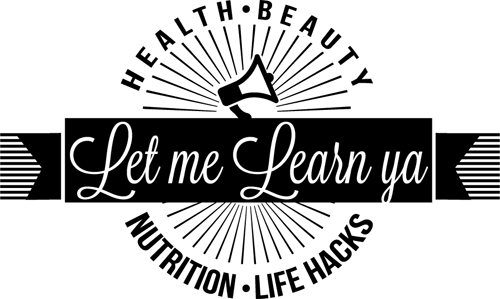





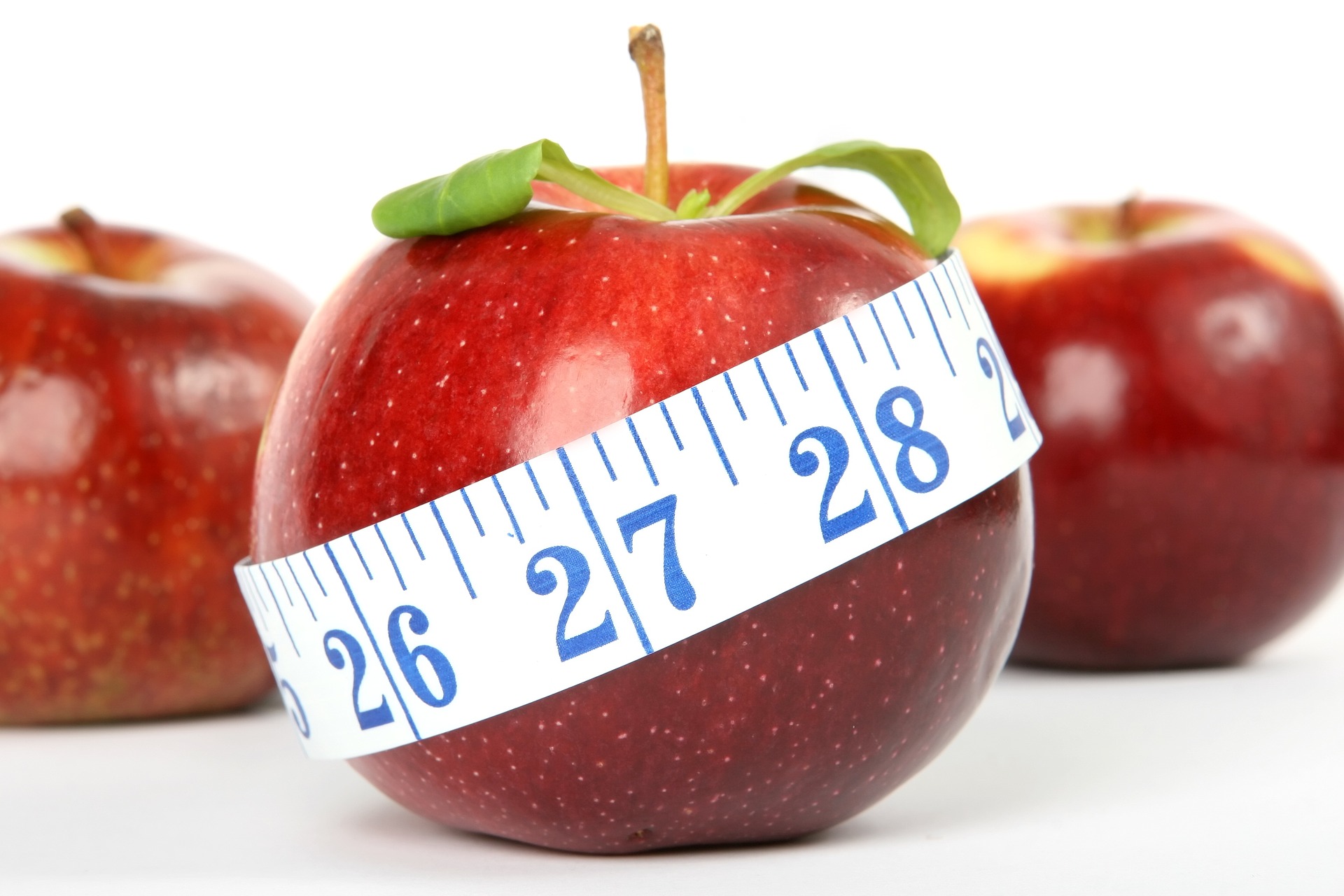
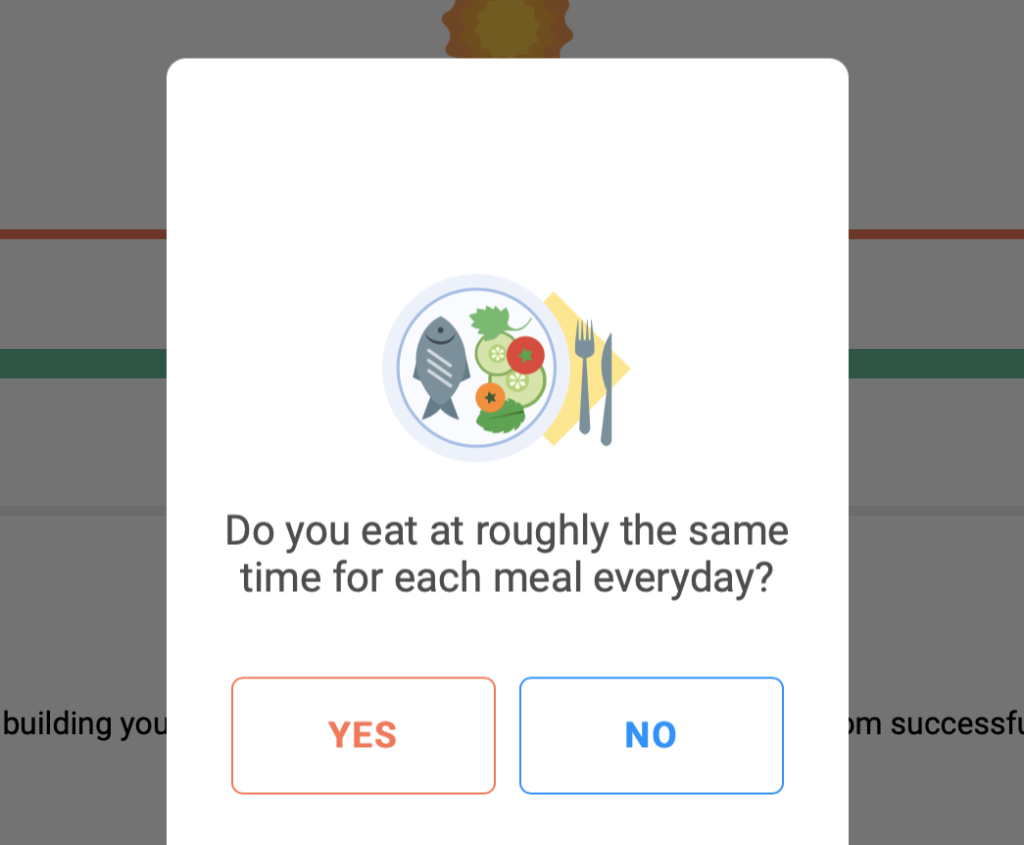
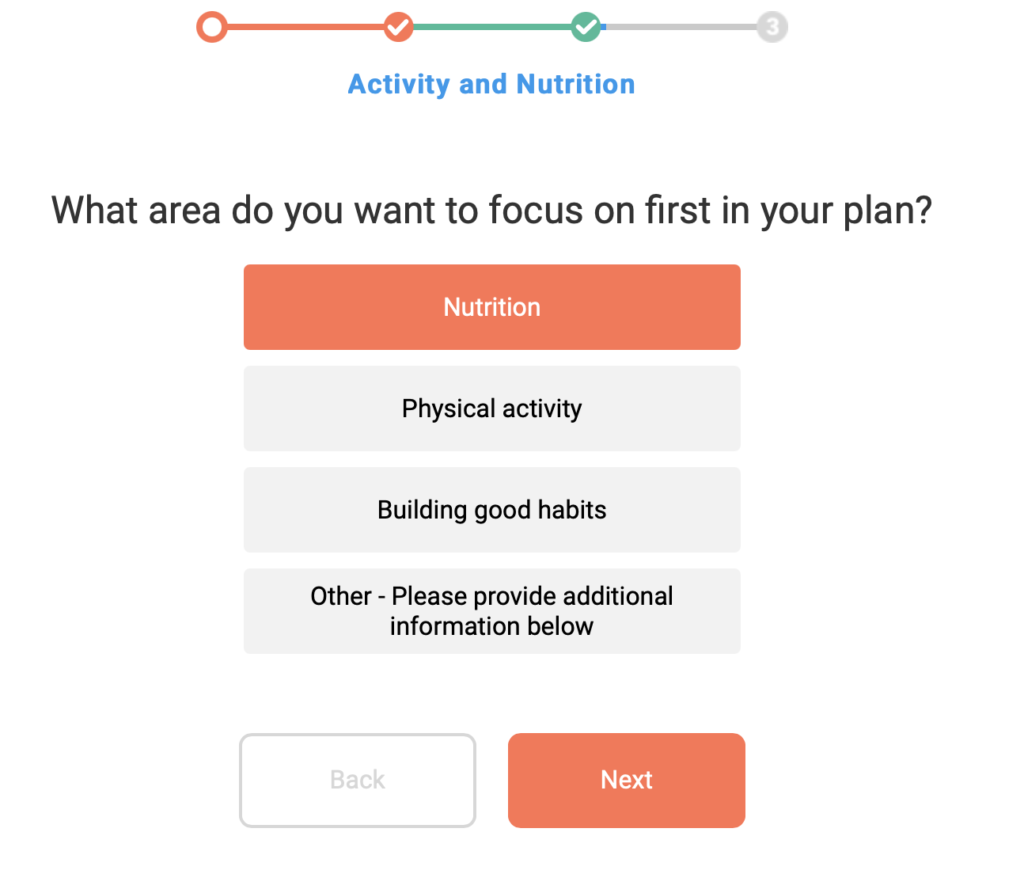
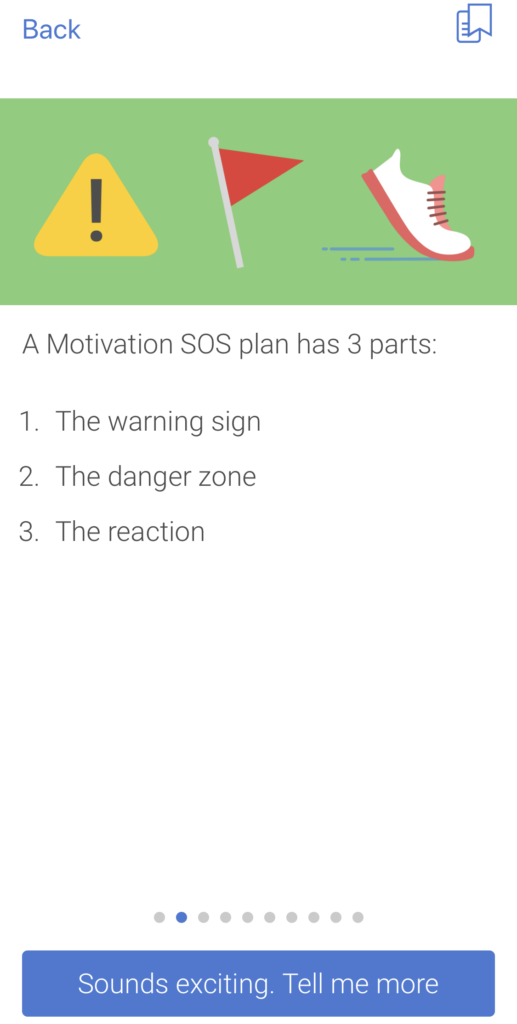

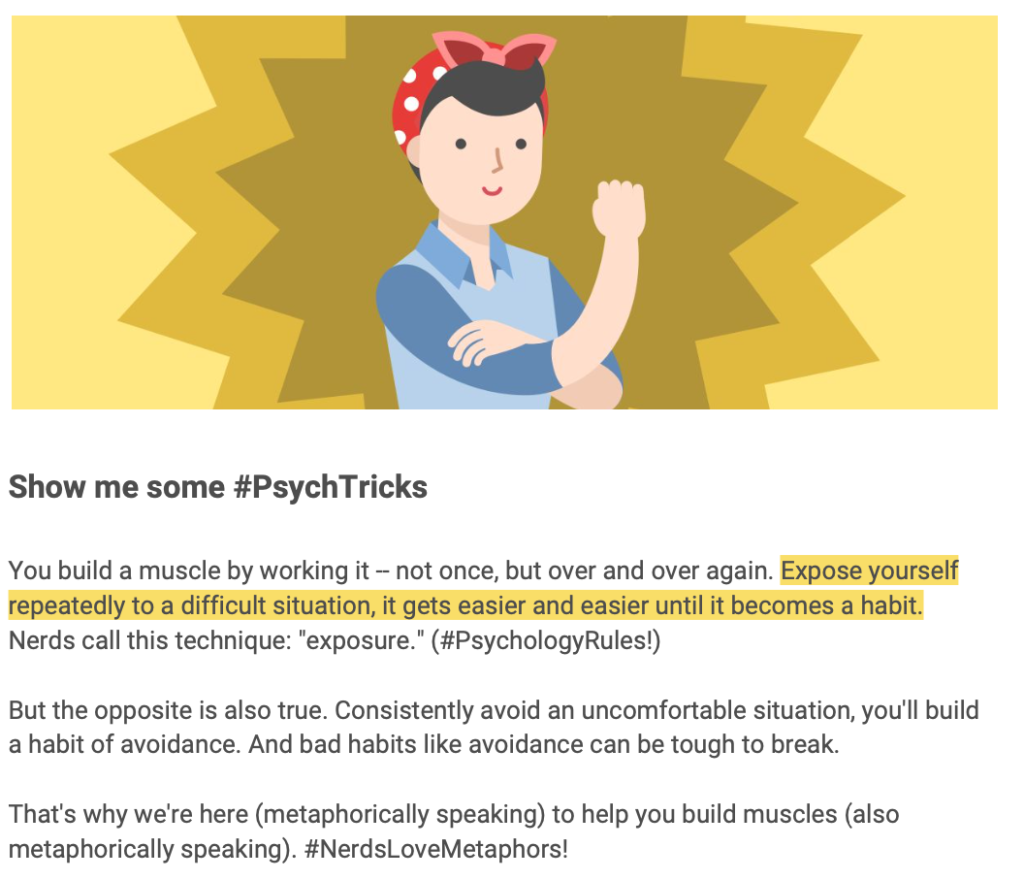
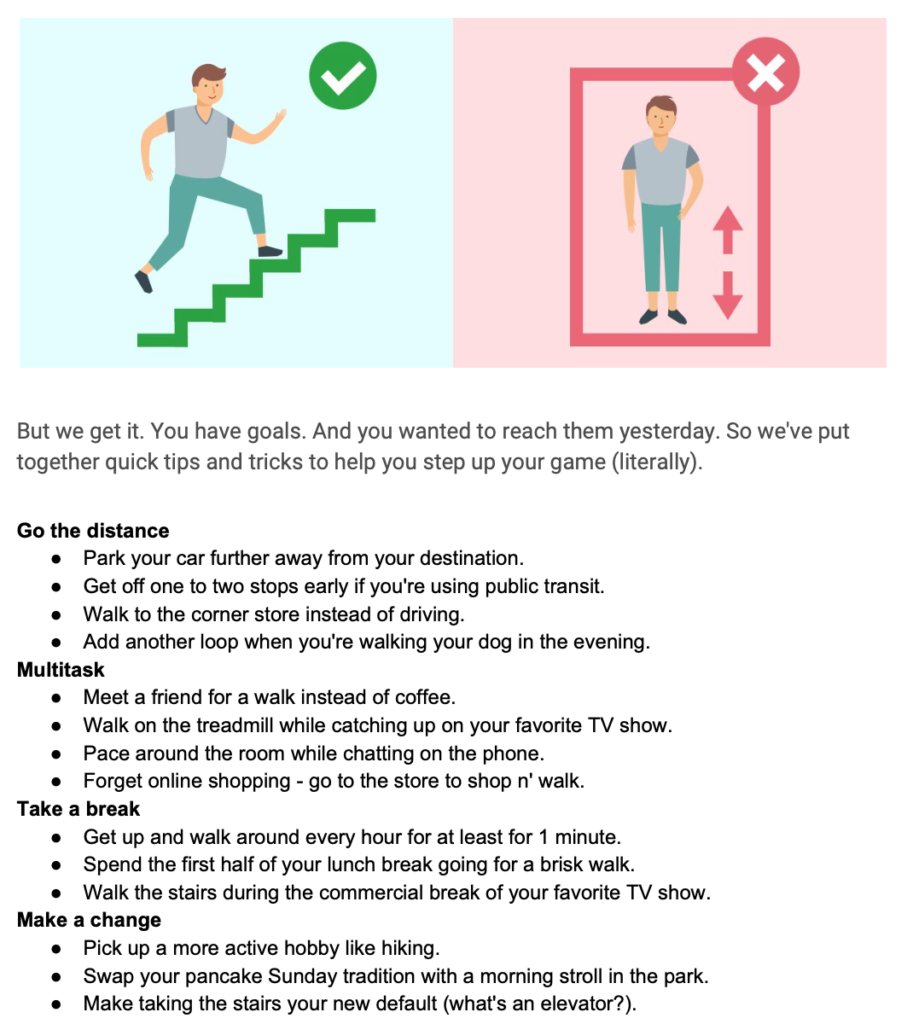
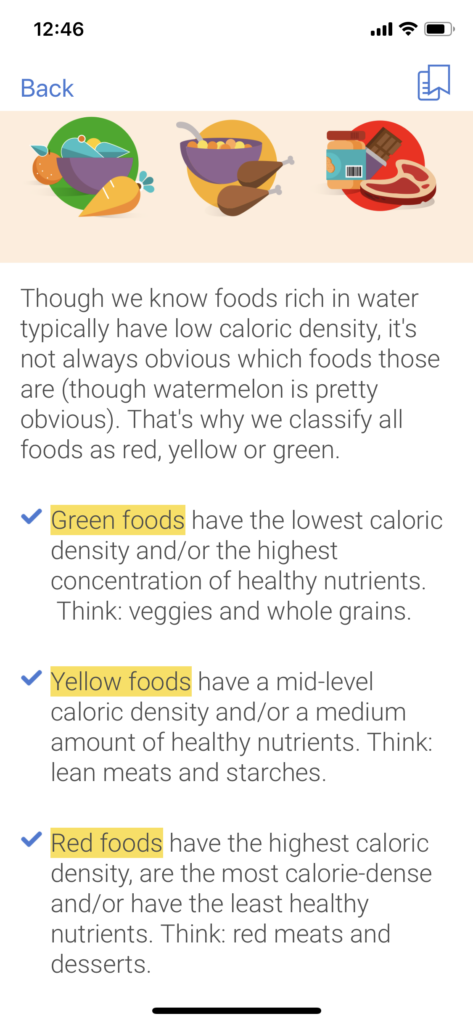
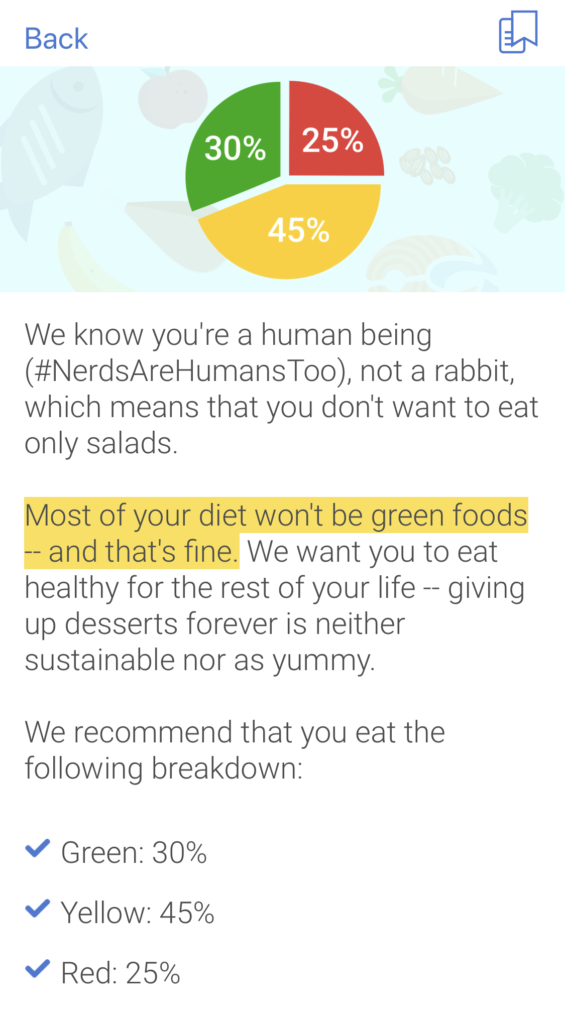






I read this and wondered if this is the same program I’ve been on for several months (and on which I’ve lost 15 lbs). First, how do you get off writing a review of a program you didn’t actually participate in? Your 2 week trial period is a fraction of the length of the program, the articles, the shared discussion with others in your Group (did you even join a Group?). You biggest beef seems to be that in your opinion they don’t pay enough money to RDs whom they employ. Maybe I missed something that forced these exploited RDs to work for Noom for miserable wages instead of at a top-shelf Manhattan clinic.
I have a learned a lot from the Noom program that I was unaware of about nutrition and psychology. Keeping a daily food log was simple. If you had actually used it regularly you’d have found out that it offers you the same items in the pull-down menu as you had previously listed (I guess I’m not the only one who tends to eat the same food each day).
Your example of a calorie guidance of only 1200 kcals for a “woman who runs cross-country marathons” strikes me as bogus. Anyone who is running marathons is unlikely to worry about having to lose weight. Noom is for the average American who is overweight or obese, and is generally sedentary. And as a matter of fact weight loss does entail a negative caloric balance so yes, you will feel some hunger at some point. The program does emphasize exercise and I get a daily step target which is realistic.
That said, there are some negative points about Noom in my opinion. As you say there is little attention paid to fiber. My daily All Bran is listed as a “red” food, which makes no sense to me. The articles have a campy/cutesy language, but the content is useful. But overall it’s a good program that is not faddish (it’s not no-carbs, no-fats, no-[fill in the blank] and it’s linked to a lot of useful information.
Hey there Tony! Thank you for reading my article and sharing your clearly passionate opinion. I see no problem in writing about a program after experiencing 99% of its features. Beyond my 2-week experience, I even downloaded and read all their educational articles and obtained copies of their purchasable nutrition and exercise plans. If I spent two weeks in a gym, used all its equipment and amenities (except for maybe a pull up machine or two), I would feel comfortable writing a review.
I am confused by your conclusion that my “main beef” with Noom is that they don’t pay RDs what they’re worth. I spent 1-3 sentences calling out poor pay of RDs, while spending multiple paragraphs calling out Noom’s deceptive marketing tactics, dishonest reporting of research results, theft from customers (which they are currently being sued for), and useless at best/dangerous at worst nutrition advice. The latter made up the majority of my articles, with the former being a mere mention.
Regarding the insinuation that my examples were bogus, you incorrectly assumed that the women I referenced were overweight/obese. You also incorrectly assumed that Noom is for the average overweight/obese American. According to Noom’s own research, that is not the case.
In one of Noom’s studies referenced in my article, the results showed that the majority of female Noom users were of normal, healthy weight. Therefore, it is more likely that a healthy, normal-weight female is using Noom than an overweight/obese one. This finding supports my examples of female athletes using Noom. Full disclosure: I do not care enough about Noom to risk my personal and professional integrity by making up stories.
I’m glad you are experiencing positive results with Noom and hope you continue to do so!
Bioengineer here. It is refreshing to see I wasn’t losing my mind.
Off the bat, I asked about the credentials of my “Coach,” expecting some kind of non-committal answer. Exactly what I got – they come from “all different backgrounds” but they do have a “12 week coaching training course when we start!” WOW 12 whole weeks! What’s a Master’s in Dietetics? 5 years?
I used the Mayo clinic’s calculator for calories, and based on it, I should be at about 3k / day for homeostasis. Based on safe loss guidelines, a 500ish deficit is pretty reasonable. Noom told me 1400 per day. That’s enough to kick in emergency storage if I understand the data correctly, and would actually make it difficult to lose weight. When confronted, the 1:1 person just hand-waved it away.
The 10k steps / day is a made up number. The best studies (when you can find one that isn’t funded by a fitness company) that actually compare various steps vs 0-step controls show that to be garbage, and nuance is required. When confronted? The classic “You can find a study that says anything!” A single citation in any of their “literature” would have been nice to see.
Every other question was deflected. Macro-nutrient ratios? “What do you think?” Food complexity vs water absorption? “What will work for you?”
Why have a coach if they can’t answer a single question?
Anyway, I try to keep to reasonable (mostly peer-reviewed, I rather enjoy the stuff that comes out of Penn State’s room-sized calorimeter) sources, and after seeing Noom’s outdated garbage, I’d begun to question my sanity. A buddy of mine did drop some weight with em, but that was more “Hey, maybe pizza every day isn’t a great idea,” which perhaps they are good at. However, I cannot place any trust in a company that hits more of my “snake-oil” alerts than it doesn’t. Their intake recommendations were likely dangerous for me; who knows who else they have harmed? When they present known falsehoods, what of their advice can be trusted?
Thank you for your article. Glad to see a proper Dietitian confirm my suspicions.
Wow, that’s even worse than I experienced! They do employ some dietitians as “health coaches” but I’ve heard horrible reports from the few I spoke with. A couple of them reported being fired for “going off the Noom script” because they chose to teach about nutrition instead of pushing for rapid weight loss. So clearly Noom, like many people out there today, think they know better than people who devoted years of their life to specializing in a field.
I’m so glad you received validation from my review and wish you luck in the future!
Thank you for sharing your experience!
Exactly how I felt! I was trying to get back down to race weight (about 8 pounds to lose) and I had heard some good things about Noom. So, I thought I’d give it a try. I was a little surprised that there was no macronutrient info. (Later on, they did talk about protein and fat helping with satiety.) I know how to use SMART goals. Nice that they have that. I had read very similar psychology in some sports psychology books, so nothing really new for me there. Self-reflection on how and why you eat is not bad, I thought. It turns out, I have never have bad food habits. I eat when I am hungry, stop when I am not hungry, and don’t eat a bunch of junk. Probably why I have never been overweight by most standards; I just wanted to lose a few pounds make my mountain races easier. (I had gained a few pounds with menopause.) I tried to stick with the plan and was shocked with the calorie level. I did not stick to that so much- I knew it was not enough. I was going to bed with my stomach growling and felt like crap in my morning workouts. I supposedly would have a person assigned to answer questions and did not hear from them for a while. I told them that the calorie level was too restrictive, especially with my activity level. (I do Ironmans.) Only after they responded did I discover I could put in activities and it would increase my calorie allowance. I did lose a couple of pounds eventually, but not at the speed they predicted. I basically just used it as a food log. Eventually, my triathlon coach noticed I could not hit the powers in the intervals on the bike that he wanted and he told me to eat more. (My legs just felt like lead.) I put back on the few pounds I lost initially, but I feel better. I think I would have just been better off watching my macros and increasing my protein intake.
Thank you for sharing your experience!